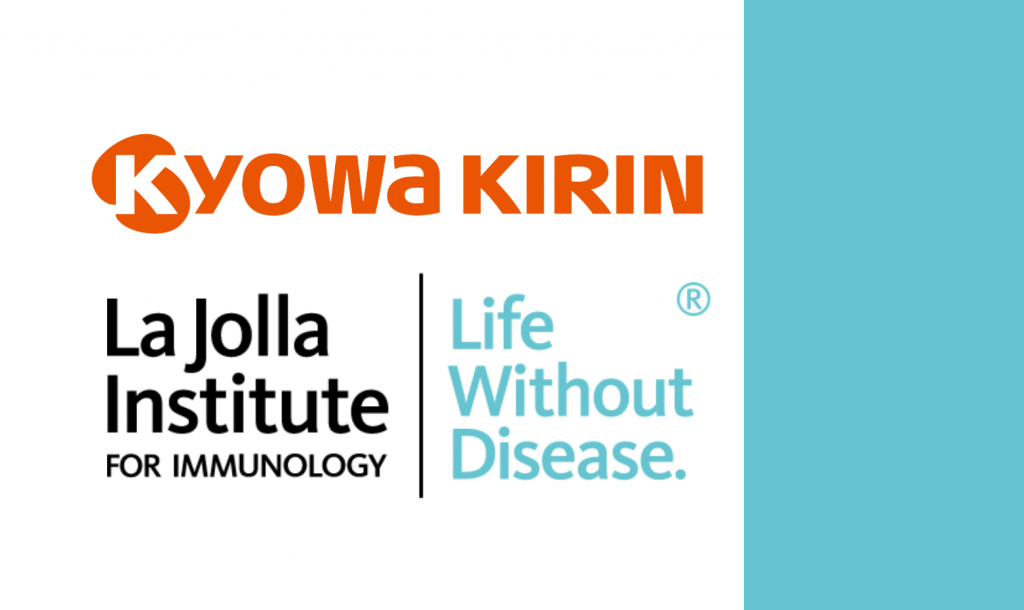While an enormous number of genetic variants have been associated with risk for human disease, how these variants affect gene expression in various cell types remains largely unknown. To address this gap as it relates to immune cells, as well as to identify which immune cell types are most susceptible to the effects of disease-risk variants, the DICE (Database of Immune Cell Expression, Expression quantitative trait loci (eQTLs) and Epigenomics) project was established in 2014, led by the Vijayanand laboratory (https://dice-database.org/).
Selected References
Benjamin J. Schmiedel, D. S., Ariel Madrigal, Alan G. Valdovino-Gonzalez, Brandie M. White, Jose Zapardiel-Gonzalo, Brendan Ha, Gokmen Altay, Jason A. Greenbaum, Graham McVicker, Grégory Seumois, Anjana Rao, Mitchell Kronenberg, Bjoern Peters, Vijayanand P (2018). Impact of genetic polymorphisms on human immune cell gene expression. Cell. 2018 Nov 29 (175), 1701–1715. PMID: 30449622; PMCID: PMC6289654.
Schmiedel BJ, Seumois G, Samaniego-Castruita D, Cayford J, Schulten V, Chavez L, Ay F, Sette A, Peters B, Vijayanand P. (2016). 17q21 asthma-risk variants switch CTCF binding and regulate IL-2 production by T cells. Nature Communications. 7:13426. PMCID: PMC5116091.
Seumois G, Chavez L, Gerasimova A, Lienhard M, Omran N, Kalinke L, Vedanayagam M, Ganesan AP, Chawla A, Djukanović R, Ansel KM, Peters B, Rao A, Vijayanand P. (2014). Epigenomic analysis of primary human T cells reveals novel enhancers associated with Th2 memory differentiation and asthma susceptibility. Nature Immunology. 15(8):777-88. PMCID: PMC4140783
Chandra V, Bhattacharyya S, Schmiedel BJ, Madrigal A, Fotsing S, Seumois G, Kronenberg M, Peters B, and Ay F, and Vijayanand P (2020). Promoter-Interacting Expression Quantitative Trait Loci (pieQTLs) in Human Immune Cell Types. Under revision in Nature Genetics.
Grants
NIH/NIAID, R24AI108564
Research resources: epigenomic and transcriptomic profiles of human immune




